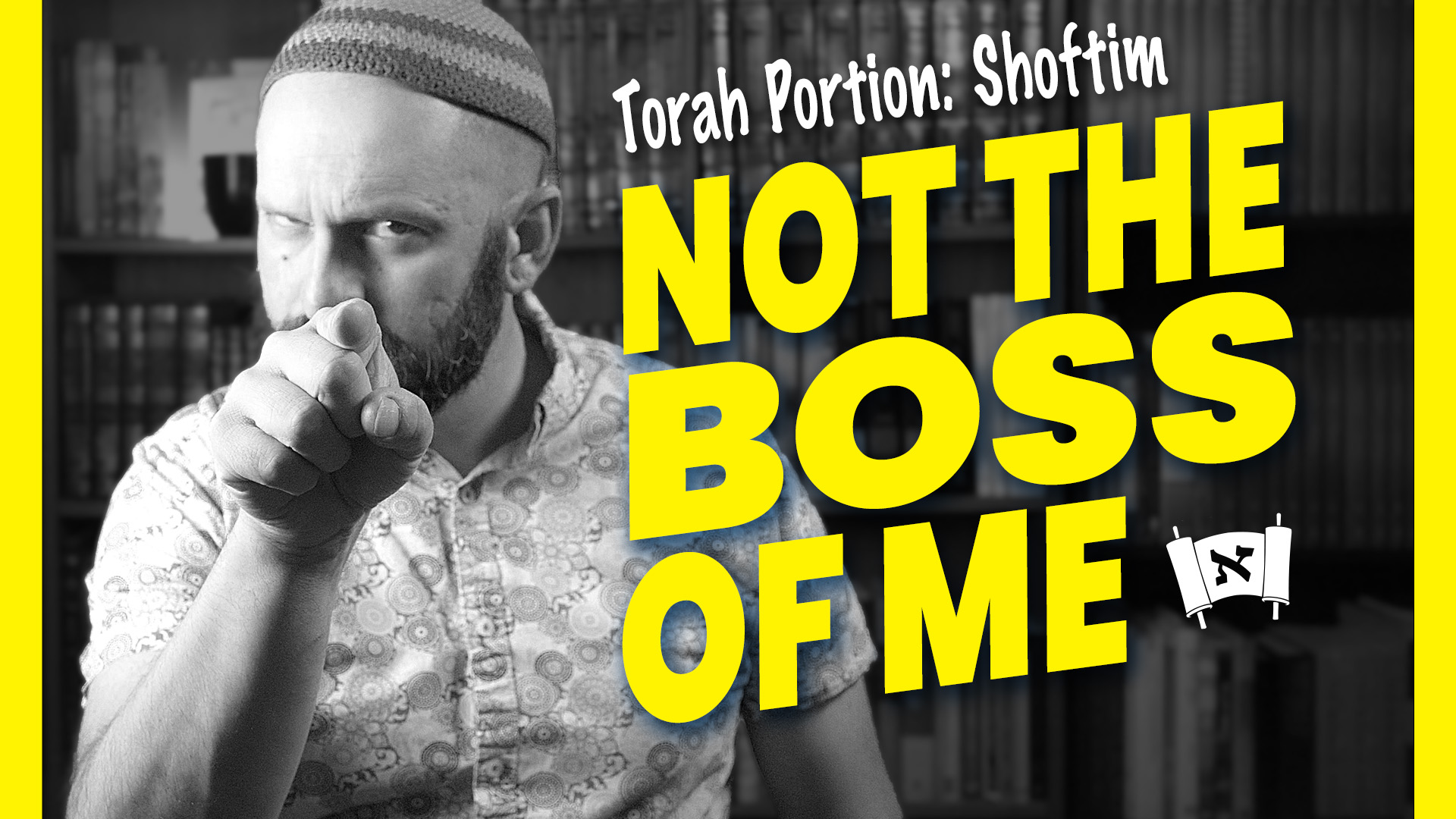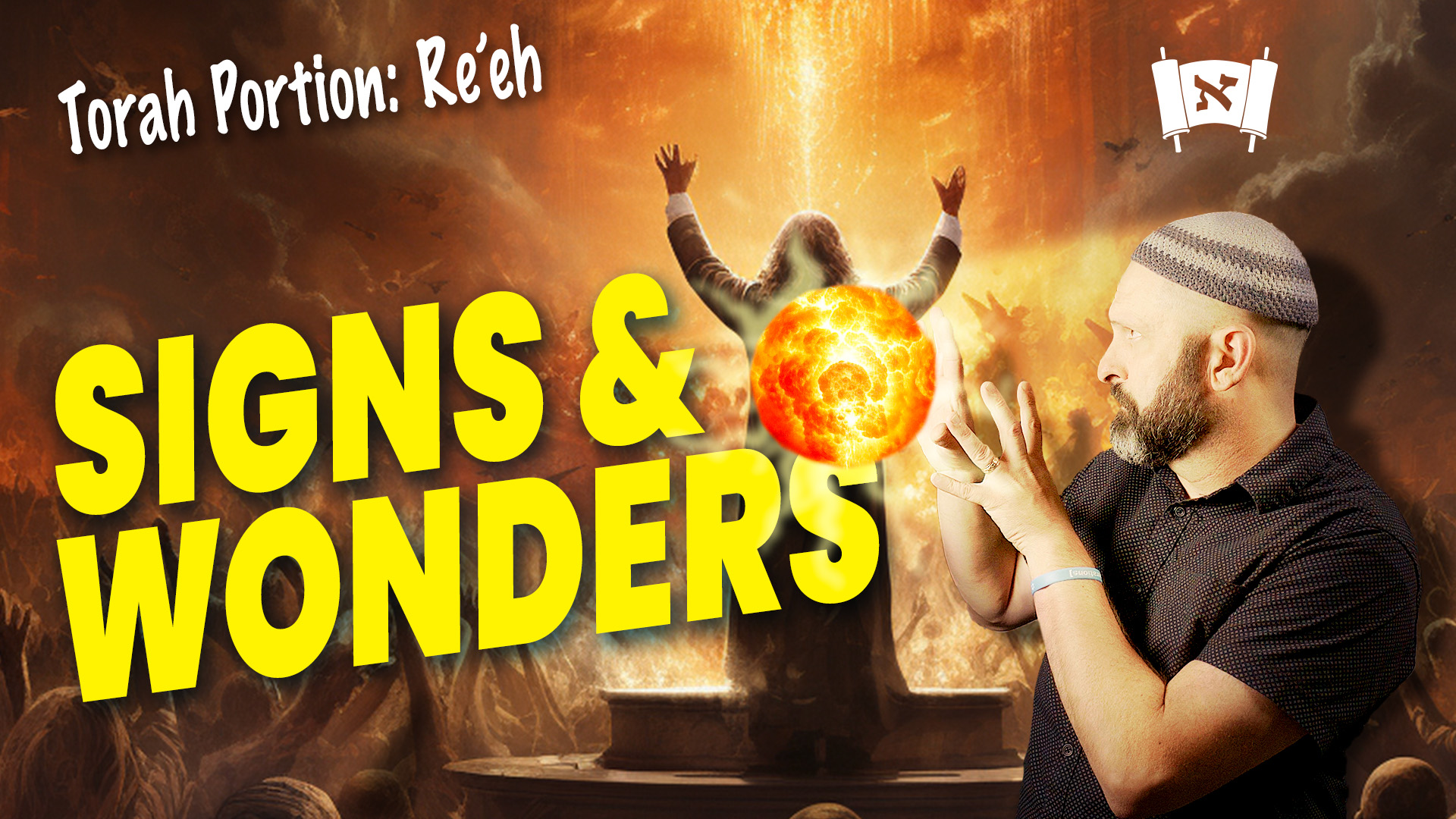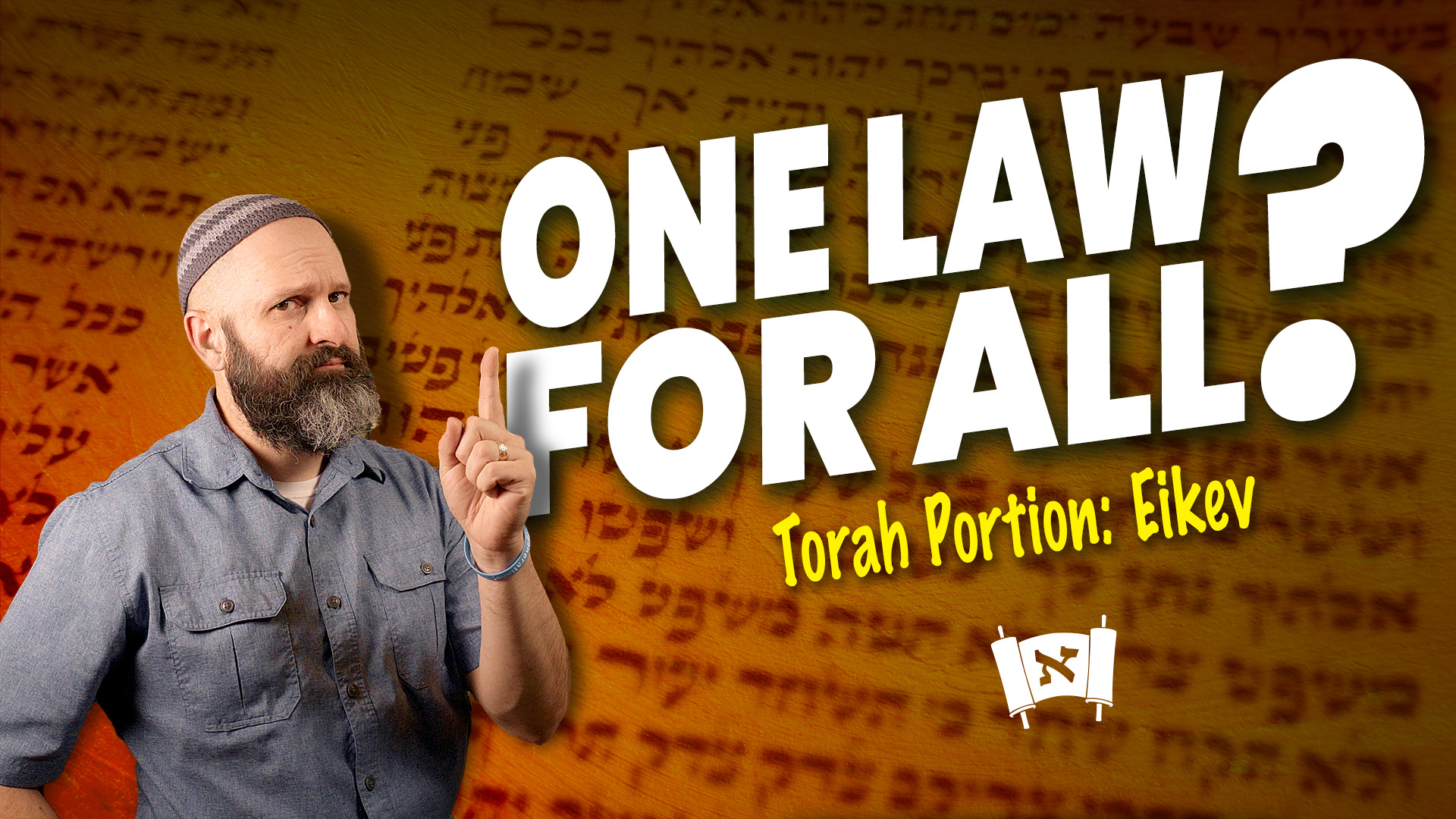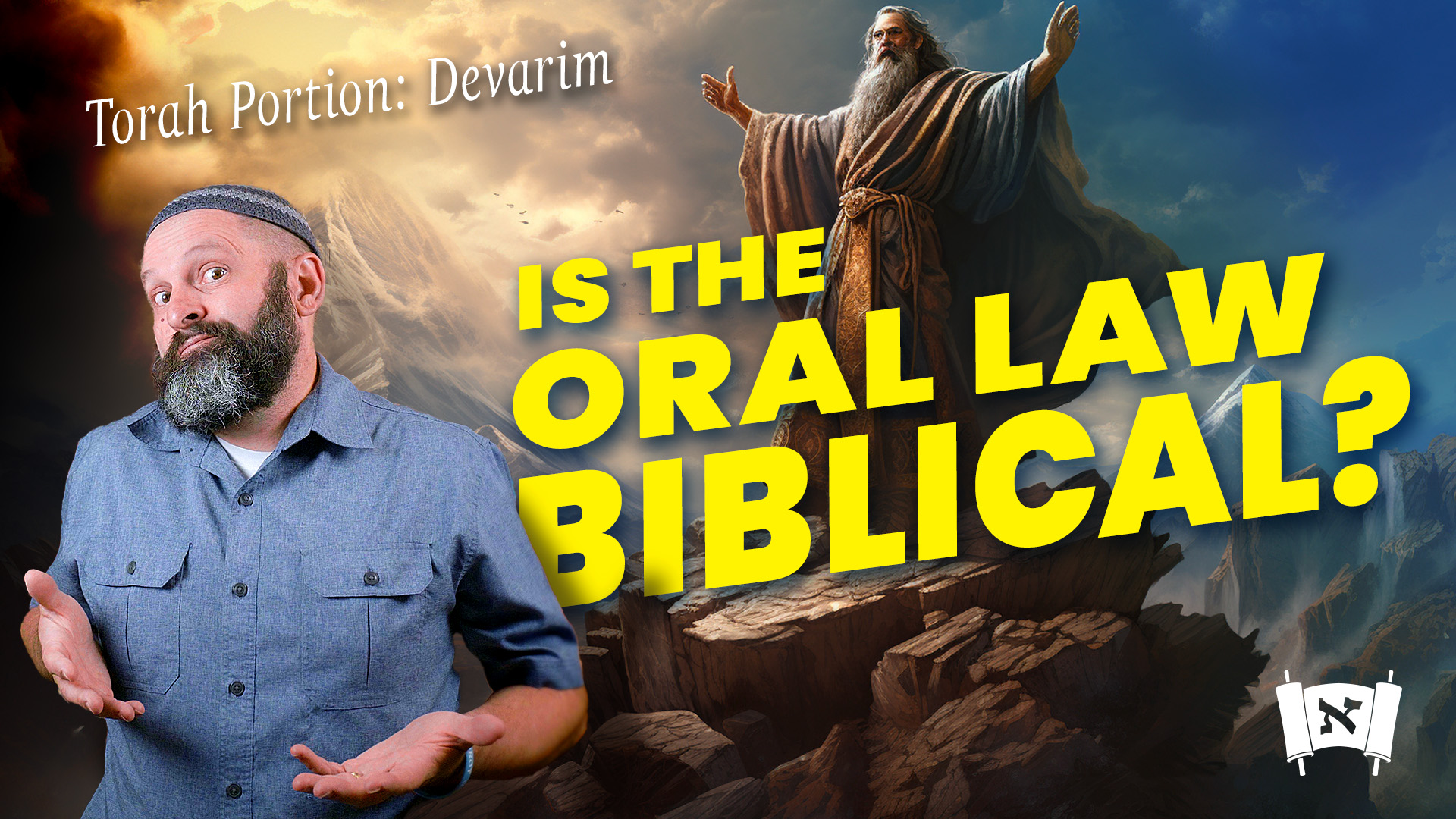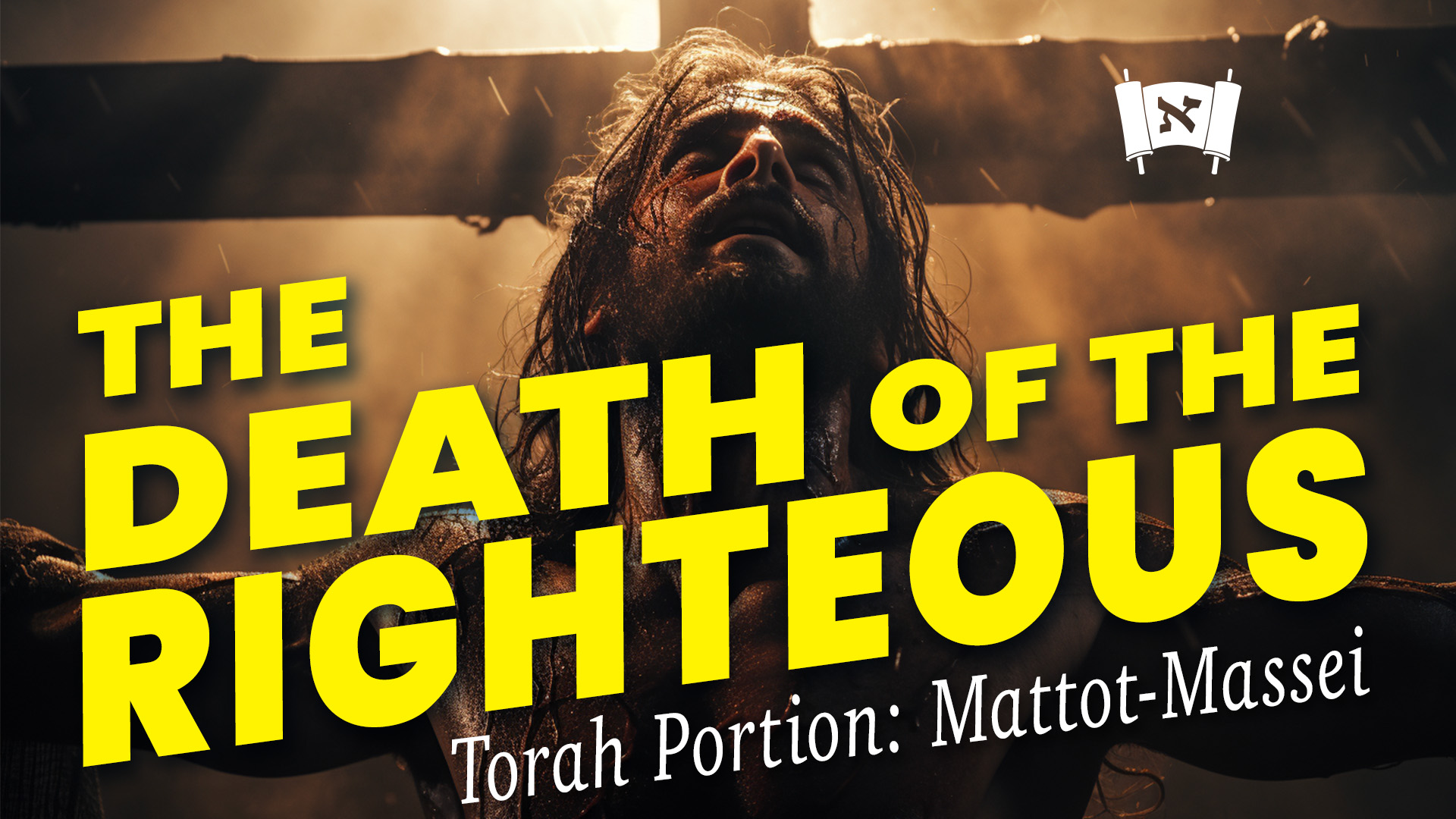Parashat Shoftim (Deuteronomy 16:18-21:9)
We’ve all heard the familiar expression, “All is fair in love and war.” But according to the Torah, this is not a true statement. According to the Torah, both love and war have parameters attached to them. The Torah specifically instructs us in the manner we are to “love the LORD your God” in multiple places. It tells us the “how” of loving a God who is beyond human logic. For instance, we are told that loving God includes: keeping His commandments (Deuteronomy 10:12–13; 11:1); teaching His instructions to our children (Deuteronomy 6:7); not heeding false prophets (Deuteronomy 13:3); loving and caring for the stranger, the orphan, and the widow (Exodus 22:21–22); bringing to the LORD the first fruits of our grain, wine, and oil within the land of Israel (Numbers 18:12); etc. Another expression of our love for God can be found in this week’s portion:

